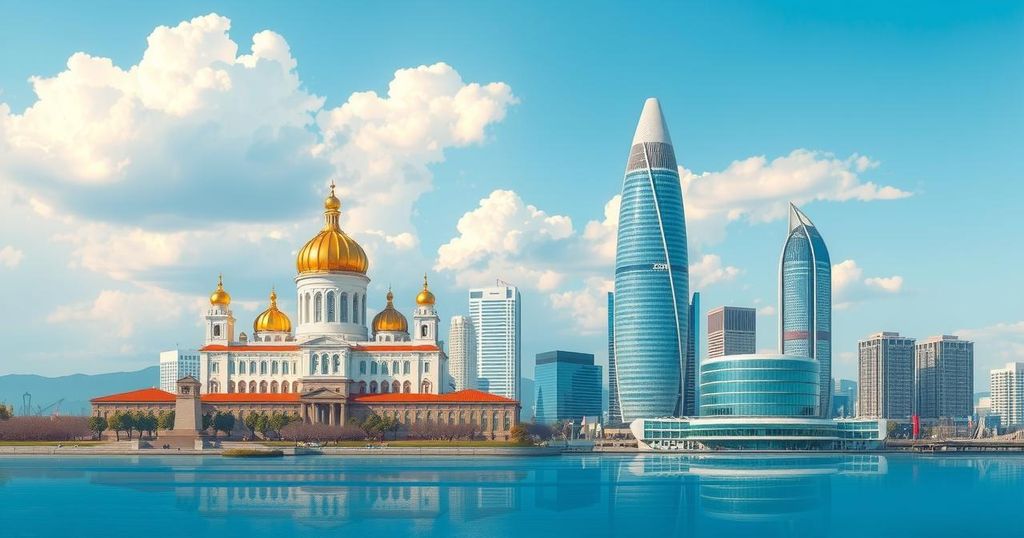Ukrainian and South Korean diplomats have discussed the fate of North Korean prisoners of war. South Korea has expressed readiness to accept these soldiers as citizens, but doing so may strain relations with North Korea and Russia. The discussions reflect the broader implications of North Korean involvement in the Ukraine conflict and the humanitarian concerns regarding prisoner repatriation.
Recently, Ukrainian and South Korean diplomats engaged in discussions concerning the repatriation of North Korean prisoners of war. According to the Yonhap News Agency, the phone conversation focused on the implications of accepting these individuals, highlighting South Korea’s willingness to recognize them as South Korean citizens.
The significance of this issue stems from the involvement of North Korean troops in the conflict with Ukraine, particularly as Russia faces a shortage of manpower. Reports indicate that North Korean soldiers have played a critical role on the frontlines since late 2024, and South Korea’s potential acceptance of these prisoners of war could provoke negative repercussions from both North Korea and Russia.
During the conversation, Foreign Minister Cho Tae-yul affirmed South Korea’s readiness to accommodate North Korean soldiers who express a desire to defect. Ukraine recently captured its first two DPRK soldiers alive in January, who were subsequently given medical care and detained by the Security Service of Ukraine in Kyiv.
Seoul’s National Intelligence Agency previously stated that the captured soldiers did not seek asylum in South Korea. Approximately 12,000 North Korean troops have been estimated to have been deployed to support Russian forces, with significant casualties reported among them in recent confrontations.
South Korea has a history of accepting North Korean defectors, having taken in around 34,000 since the late 1990s. This context underpins the complexities surrounding the current situation, especially as North Korean forces have contributed significantly to Russian military efforts in Ukraine.
A recent post from Andrii Sybiha, Ukraine’s Foreign Minister, highlighted the risks posed by the strengthening Russia-DPRK cooperation for global security. Furthermore, a North Korean defector criticized Ukraine’s actions, accusing the country of violating international law through attempts to link prisoner repatriation with arms trades, which contravenes humanitarian principles outlined in the Geneva Conventions.
Ukrainian President Volodymyr Zelensky acknowledged the capture of the North Korean soldiers in January, expressing gratitude toward Ukrainian forces for their successful operation. He emphasized the importance of transparency regarding the conflict, ensuring that the conditions faced by the prisoners are well understood by the international community.
As of now, North Korea has yet to issue a response to South Korea’s overtures regarding the prisoners of war. This situation remains fluid and will warrant careful monitoring as dialogues between the two nations progress.
In summary, discussions between Ukrainian and South Korean diplomats highlight the complexities surrounding the repatriation of North Korean prisoners of war amid ongoing conflict. South Korea’s willingness to accept these individuals raises concerns about potential diplomatic repercussions. The significant presence of North Korean troops in the war further complicates the implications for international relations. The situation will require ongoing attention as it unfolds.
Original Source: www.newsweek.com




